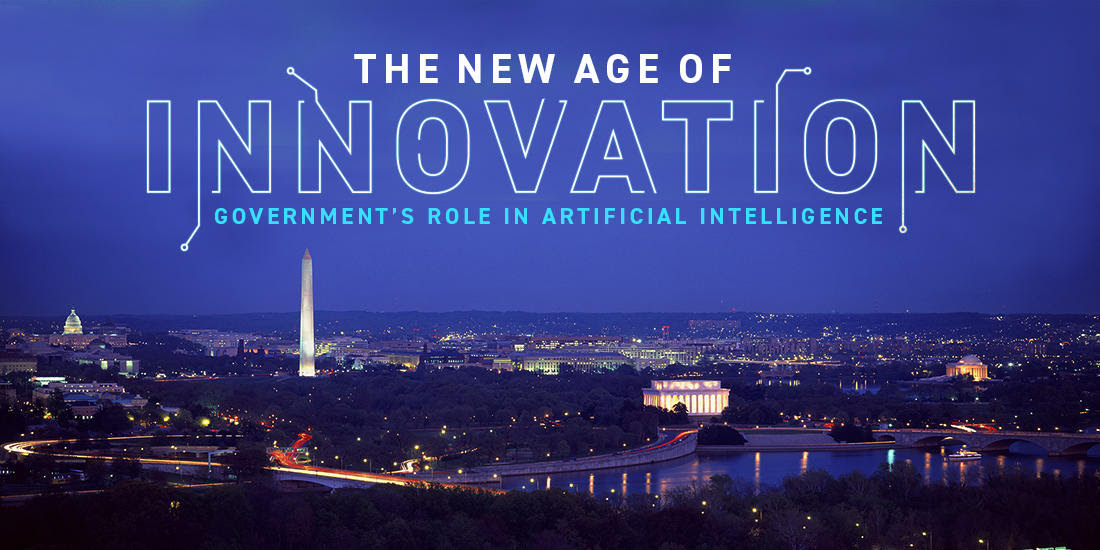This past week, I have gotten to experience many firsts. It started off Monday with a trip downtown with my boss. After the hour long metro ride from Gaithersburg to Union Station, we made our way to the Russell Senate Office Building. My boss was there to give a briefing to a few congressmen on NIST’s FY18 budget. There, my boss and a few people from the Department of Commerce briefed the congressmen on the specifics of the 2018 budget. It was an interesting experience because it demonstrated the importance of the work being done at NIST. After being at NIST for over a month now, I have developed an understanding of the priorities of NIST employees. This briefing gave me a better understanding of Congress’s priorities for NIST. Although, they align in many ways, it was interesting to see where they diverge. Overall, the briefing was a great experience, giving me insight into the work that goes on behind closed doors to fund the research at NIST.
On Wednesday, I attended an event hosted by Politico. The event, POLITICO’s The New Age of Innovation: Government’s Role in Artificial Intelligence, featured 5 key speakers: Walter Copan, the director of NIST, Congressman John Delaney, Dean Garfield, the CEO of the Information Technology Industry Council (ITI) , Congressman Will Hurd, and Rashida Richardson, director of policy research at the AI Now Institute of NYU. This event was one of my favorite things, I have done so far, as I was able to hear from a diverse group of experts.

Of the speakers, I found Dean Garfield’s perspective very interesting. ITI, is a trade association that advocates on behalf of many of the tech industry’s largest companies including Apple, Amazon, Facebook, Google, IBM, and Microsoft. Coming from an industry standpoint, he was very much against the premature regulation of artificial intelligence. That being said, he was still able to agree with the other panelists, that the threats to privacy and other concerns must be addressed through a multifaceted effort that includes industry, academia, government, and civilian advocates.
Another aspect of the panel that stood out to me was the general consensus between representatives Delaney and Hurd. Although the come from different sides of the aisle, Delaney a Democrat and Hurd a Republican, they were still able to agree on many of the necessary actions to promote growth in AI development while remaining cognizant of the potential threats it may have on civil liberties. This event was the first time that I was able to hear industry representatives and congressional leaders talk about the importance of AI instead of read about it in articles. Although I’m sure they were prepped by experts, it was refreshing to see the depth expertise of the panelists, specifically the congressmen.
Lastly, I attended my first congressional hearing. The Senate Committee on Rules and Administration held a hearing on election security. This was particularly of interest to me as much of the concern focused on the cybersecurity aspects of voting machines. It was a unique experience because in addition to learning various things about our voting system, I got to hear from many senators, from Ted Cruz to Amy Klobuchar.
One of the most interesting facts I learned was that 90% of Americans vote on machines that are manufactured by only 3 companies, and that at least 30% of voters voted on insecure machines. There were a wide array of proposed solutions for this problem. Some senators believe returning to paper ballots is the only way to ensure security; whereas, others are more focused on new cybersecurity measures that can be implemented to secure voting machines. However troubling this may be, there was some reassurance provided as to the security of our elections. Thanks to the Constitution, which gave states the power to control elections, there are 18,000 jurisdictions each independent and with many variations in the collection of votes. This makes it very difficult to hack an election on a large scale.
I’ve learned a lot in my experience with DukeEngage so far. It has made me appreciate the things I learned in my high school U.S. history and government courses, and even more so appreciate the work that goes in to keep this country running.
